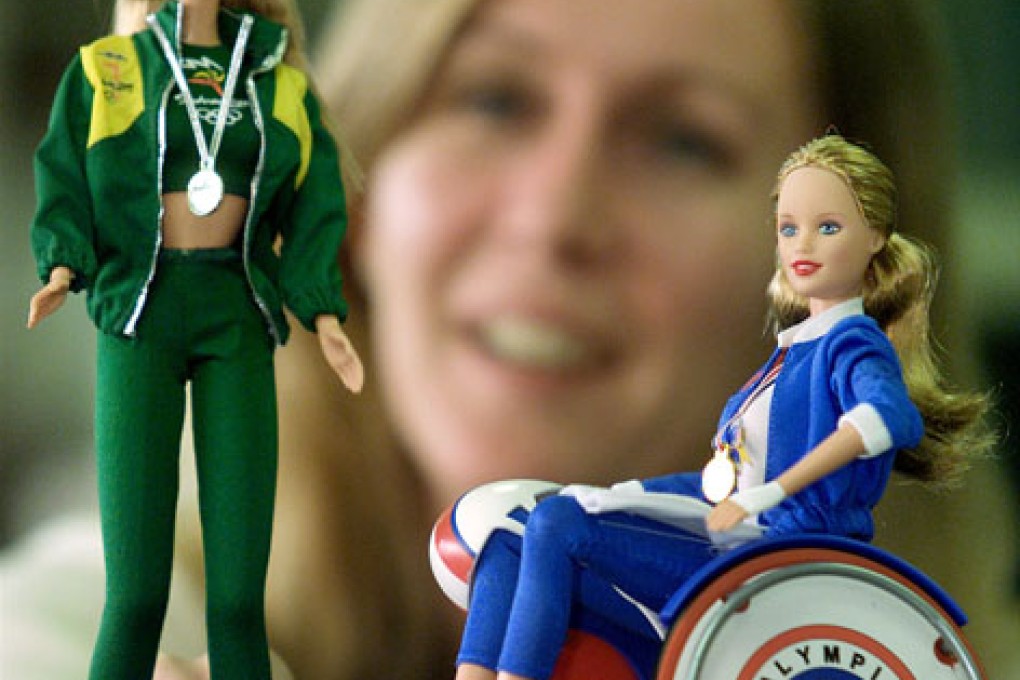We all need a barrier-free Hong Kong
Thomas Tang and Mabel Chan say Hong Kong needs to be barrier-free, not just for people with disabilities but because accessibility affects us all


Mattel promised to make gradual changes to the Barbie community. However, after many years, Becky and the Paralympic version were, instead, discontinued. It appears that the company chose the easier option; to discontinue the wheelchair Barbie, rather than redesign the Barbie community, including the houses and cars.
Sad to say, the Mattel story echoes real-life attitudes towards people with different abilities in Hong Kong. Many see people with disabilities as a burden to society. However, in real life, we cannot ignore people who are outside the normative mould. In Hong Kong, there are individuals like Chong Chan-yau, a former executive director of Oxfam Hong Kong, and Nelson Yip Siu-hong, an entrepreneur and Hong Kong's representative in the equestrian event at the 2008 Paralympic Games, who have beaten the odds and made significant contributions to the community.
However, they represent only a handful of individuals who have been able to rise to the challenge of life in Hong Kong.
There are more than 430,000 people registered with a disability here. Among the 361,300 people with a physical disability, only 13 per cent are employed, a very low percentage compared to the numbers in other developed economies such as the US, Britain and Australia, where some 60-70 per cent of people with a disability work.
Hong Kong has historically been very charitable; but what is required now is a step beyond charity - an adjustment in mentality is needed, an opportunity to allow its citizens to flourish and in turn allow the city to benefit from their full potential.